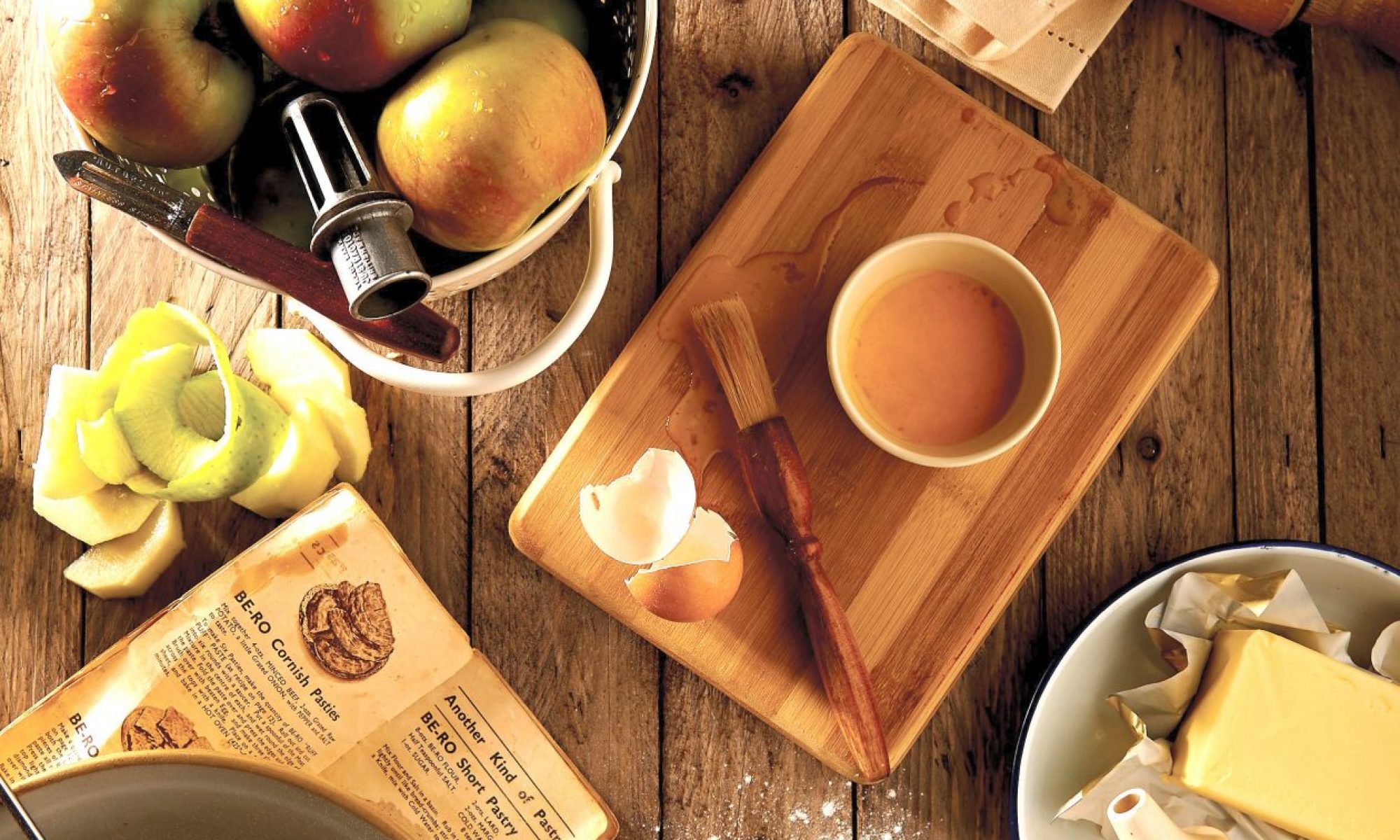Creator: Pitts, Philip Henry, 1814-1884.
Collection number: 602
View finding aid.
Abstract: Philip Henry Pitts was a cotton planter of Union Town (now Uniontown), Perry County, Ala. The collection includes etters written to and from members of the Pitts family, miscellaneous papers, and manuscript volumes, with typed transcriptions, containing accounts and diary entries by Philip Henry Pitts. The letters relate to family matters and business councerns of Philip H. Pitts and of his father, Thomas D. Pitts, including the latter’s involvement as an officer in the War of 1812. A song lyric about the Nullification Crisis of 1832 is included. The accounts are for Philip H. Pitts’s financial dealings in the cotton trade and in both the Alabama and Mississippi Railroad and Selma and Meridian Railroad, loans and debts, household expenditure for his Rurill Hill Plantation, and expenses relating to his slaves. Diary entries concern Pitts’s planting and livestock, weather notes, cases of runaway slaves and a case of slaves murdering their master, and Perry County politics, business, crimes, and social news. The Caldwell and Davidson families are frequently mentioned. Indications of Pitts’s interest in folk medicine and in the Pitts family’s involvement in the Civil War, including participation of several family members in the 4th Regiment, Alabama Volunteers, and anecdotes about Alexander Caldwell Davidson, Wiliam Rufus King, and Zebulon Baird Vance are also given in the diaries.
Repository: Southern Historical Collection
Collection Highlights: Correspondence includes a 4 March 1839 letter discussing hiring out slaves in Alabama (Folder 1).
Volume 1 (Folder 2) includes entries related to birth and death records as well as purchases of enslaved people, and also mention of some enslaved people murdering their master.
Pages Pages 1-105 and pages 295-300 (January 1856-1865) in Volume 2 (Folder 3) record Pitts accounting records, including doctor’s bills for his family and slaves and the purchase of marriage licenses from a judge (“20 marriage licenses for freedmen + 10 marriage licenses for whites”). Post war the volume also discusses labor performed by free blacks.
Volume 3 (Folder 6) also discusses Pitt’s hiring slaves from other planters, and his relationships with overseers on his plantation.
